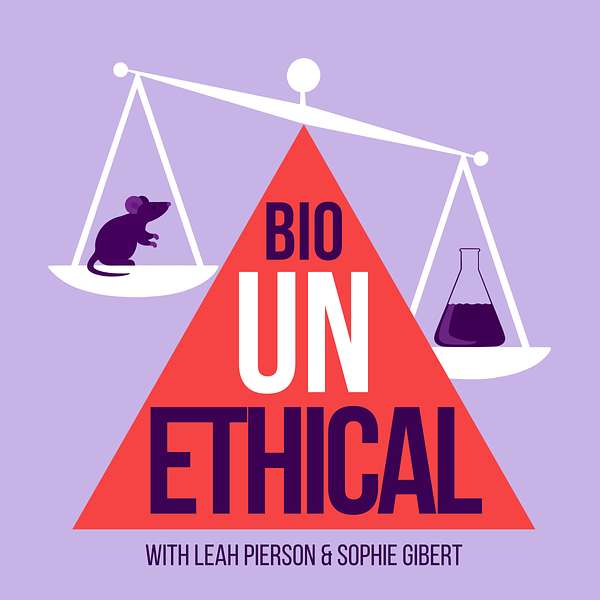
Bio(un)ethical
The podcast where we question existing norms in medicine, science, and public health.
Bio(un)ethical
#21 Bryan Carmody: Are doctor shortages real?
In this episode we speak with Dr. Bryan Carmody, pediatric nephrologist and associate professor of pediatrics at Eastern Virginia Medical School. We talk about whether America really faces a doctor shortage, why people in areas with plenty of doctors still struggle to access care, whether proposed solutions can address the access problems many patients face, and how AI may affect these problems in the near future.
(00:00) Our introduction
(04:03) Rethinking the doctor shortage narrative
(09:00) The AMA and the AAMC
(16:11) Shortage of 187,000 physicians by 2037
(25:20) Physician misallocation
(38:19) Financial incentives create barriers to care
(48:19) Why not train more physicians?
(56:18) How to make places more desirable for physicians to work in
(1:14:01) Profit over placement in hospitals
(1:25:12) The AI elephant in the room
Used or referenced:
- Bryan Carmody’s Sheriff of Sodium YouTube Channel and Blog
- Leah Pierson, “The AMA can help fix the health care shortages it helped create”
- Medford-Davis et al., “The physician shortage isn’t going anywhere”
- Walensky and McCann, “Challenges to the future of a robust physician workforce in the United States”
- HRSA Health Workforce, Physician Workforce: Projections, 2022-2037
- HRSA Health Workforce, State of the Primary Care Workforce, 2024
- Gudbranson, Glickman, and Emanuel, “Reassessing the data on whether a physician shortage exists”
- Connors, “2025 Doctor Job Outlook: Why Go Locum Tenens?”
- Auerbach, Buerhaus, and Staiger, “Implications of the rapid growth of the nurse practitioner workforce in the US”
- National Commission on Certification of Physician Assistants, “PA Profession Surges in Last Decade”
Bio(un)ethical is a bioethics podcast written by Leah Pierson and Sophie Gibert, with editing and production by Ambedo Media (previous production support by Audiolift.co). Our music is written by Nina Khoury and performed by Social Skills. We are supported by a grant from Amplify Creative Grants.